Having an HSA means that all of the contributions you make to your account within the calendar year—directly or through payroll deductions—are taken out of your income before taxes are calculated. This means they are not subject to federal income tax, FICA (Social Security and Medicare) tax, and for most states, state income tax. Not sure what maximum annual contribution you can make to your HSA? Get the amount here.
Your health savings account (HSA) and your taxes
What you need to know when filing your taxes
Every year, you must submit IRS Form 8889: Health Savings Account with your federal tax return. This form reports HSA contributions made by you and the university, as well as any distributions made from your account.
This form must be filed with Form 1040 or Form 1040 NR.
Where to find the information you need for your tax return
Form W-2 from IU
Labeled “Employer Contributions” (used in line 9 of Form 8889) Box 12, Code W of your W-2 includes IU’s contribution to your account as well as your own contributions through payroll deductions. Your W-2 is available in January.
Download your W-2 in the Payroll and Tax section of Employee center
Form 1099-SA (Distributions)
This form, provided online by WEX by the end of January, reports your “distributions”—anything you have used your HSA to pay for in a given tax year.
Log in to your WEX account to access your 1099-SA
Form 5498-SA
This form includes all contributions to your HSA in a given year. It is available online by mid-February on WEX’s website.
Log in to your WEX account to access Form 5498-SA
Form 8889: Health Savings Account (HSAs)
On this form, you will record any contributions made to your HSA account, whether through payroll deductions or independently.

Can’t find the information you’re looking for?
Find answers to our top questions and learn how to get in touch if you can’t find what you need on our website.
Helpful tips
Keep good records
You should keep all receipts and records for qualified health expenses paid with your HSA funds for your own records in case of an IRS audit.
These receipts and records do not need to be submitted to WEX or to the IRS with your tax return.
Know which health expenses are HSA-eligible
The IRS keeps up-to-date information about the medical and dental expenses you can claim in Publication 502.
Don’t use your HSA to pay for non-health related expenses
The HSA is designed to provide tax-free contributions to be made and used only for qualified health expenses.
- If you are age 64 or younger, you can use the account for non-qualified purposes, however, IRS regulations stipulate that these withdrawals will be subject to income tax and an additional 20 percent tax penalty will apply.
- If you are age 65 or older, you can use the funds in your HSA account for non-qualified purposes without penalty but will be responsible for paying income taxes on the amount used.
Don’t contribute more than the maximum!
If you make contributions in excess of the annual prorated IRS maximum, you’ll need to withdraw the overage from your HSA account.

